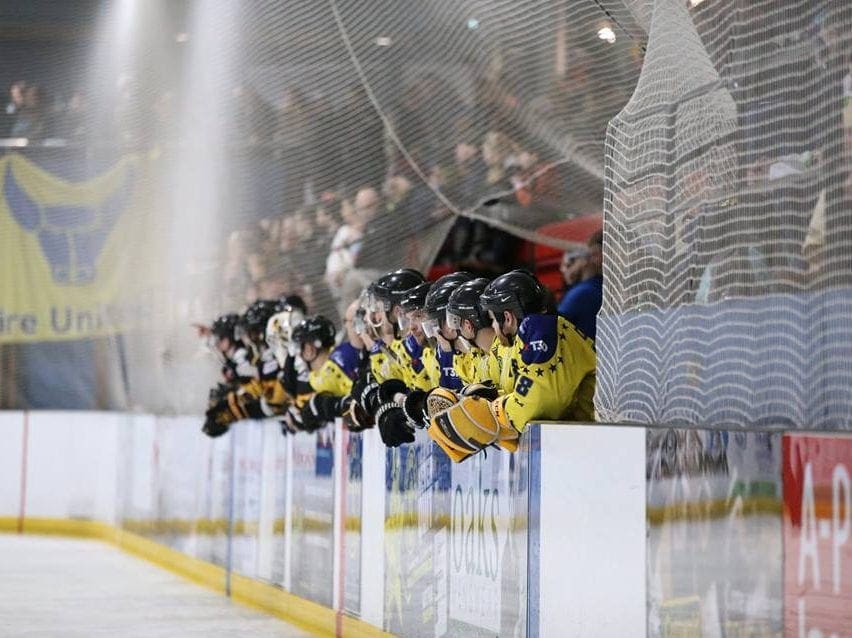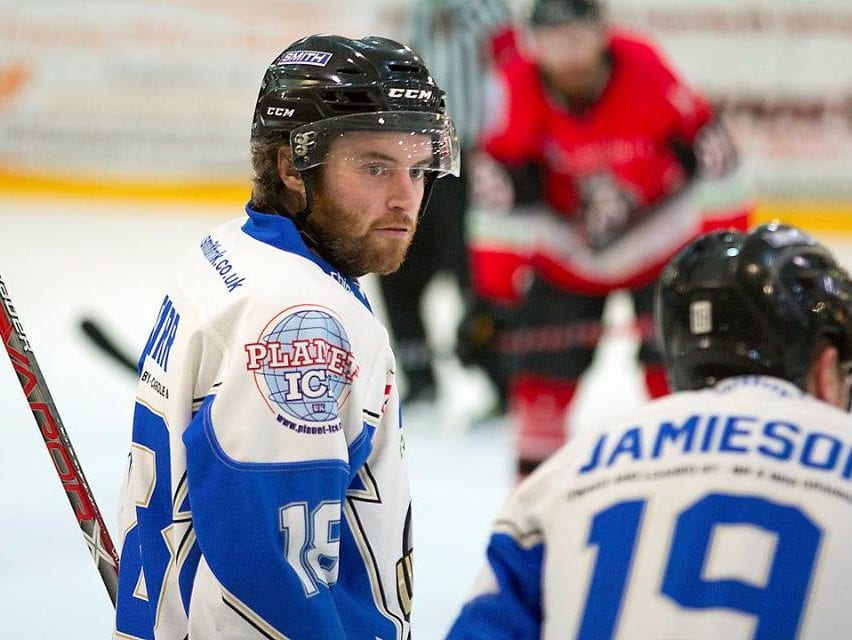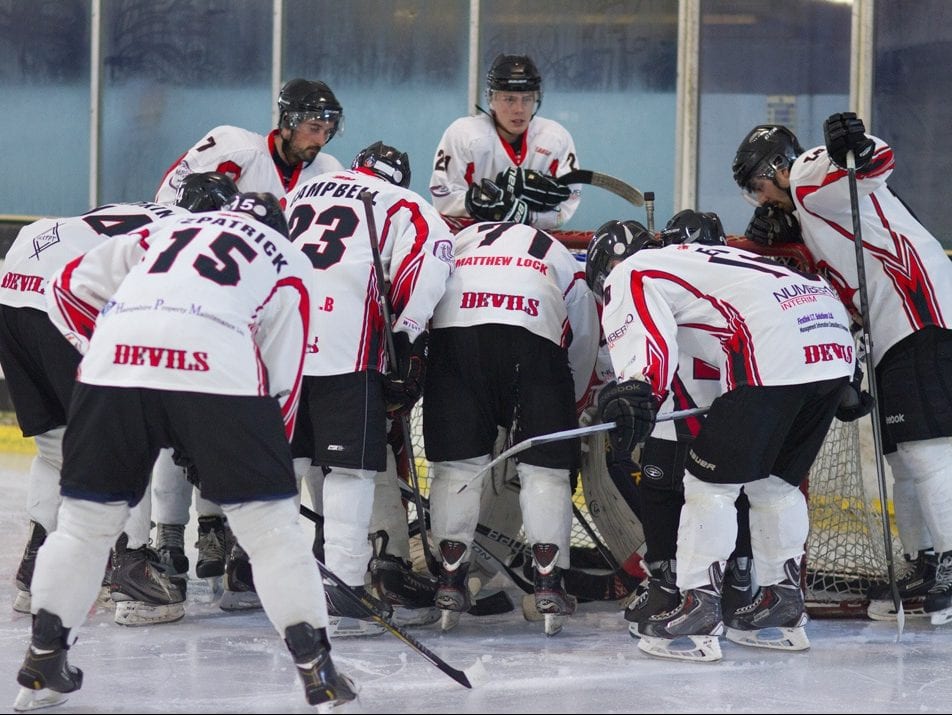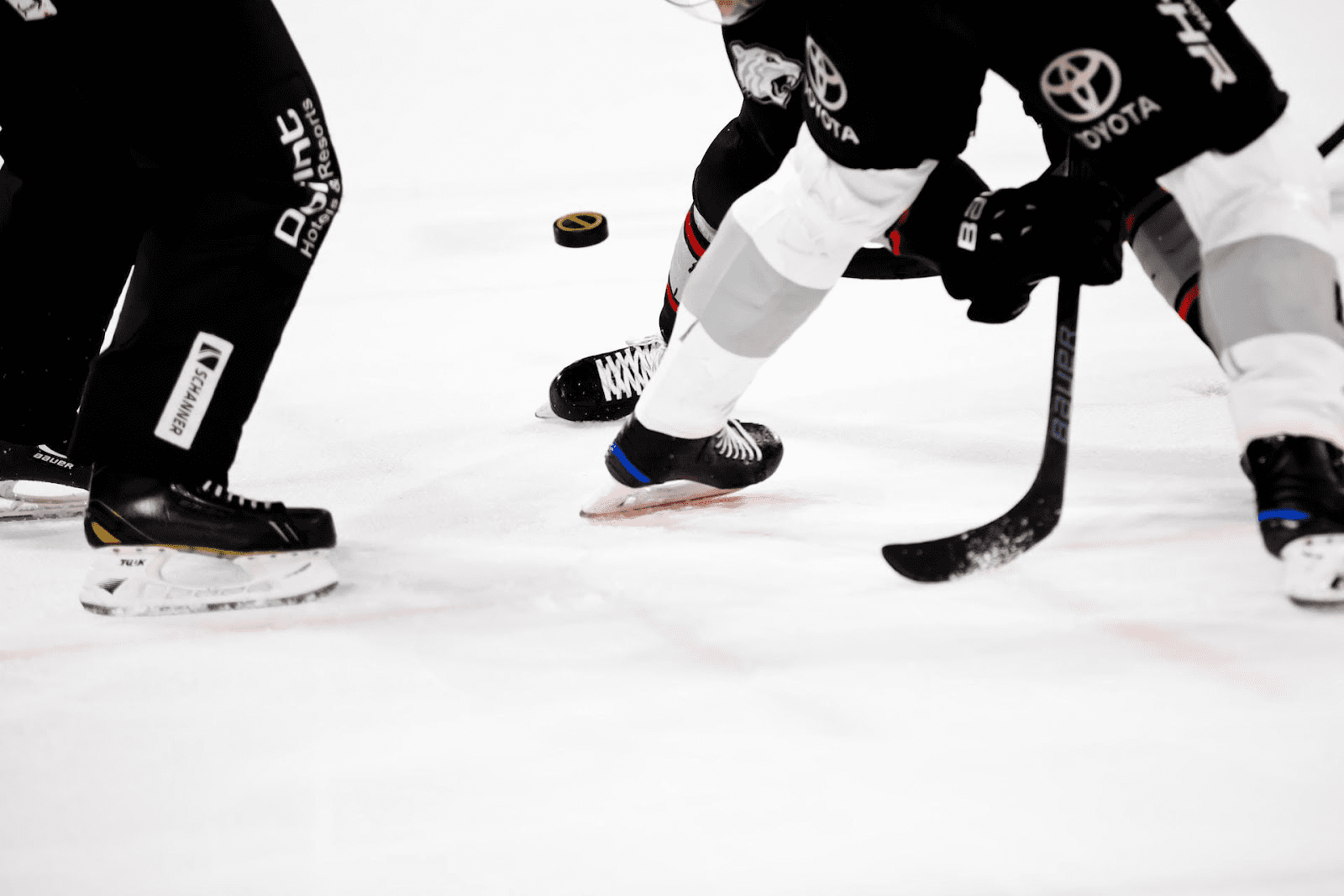Chelmsford Chieftains, Oxford City Stars and Solent Devils recently asked to leave NIHL1 South and join D2 instead.
The rights and wrongs of this decision have been widely debated with varying degrees of clarity, so let’s put that to one side for now.
The ‘Disrupting the Class’ blog looked at ways the ex-EPL teams would change the market-place – changing how teams look at revenue schemes for example.
Now let’s look at the other side, some of the less welcome disruption that is taking place, and what can be learned from this.
The first disruption is something that seems to be an odd one given that this is a competitive sport – ‘The Need to Compete’.
This would not normally be seen as disruptive, the whole notion of sport is based on this, but in this case it’s the way that the teams are responding that seems to be causing the problem.
What appears to have been the trigger were the recent announcements that Basingstoke Bison have kept three of their top Brits – Dan Davies, Dan Scott and Vanya Antonov – while the Peterborough Phantoms have not only retained their club captain James Ferrara, (on a renegotiated contract it should be noted), but also one of their top scoring imports, Ales Padelek.
At this point, the other teams will be looking at their previous or potential rosters and think ‘Oh **** how are my team going to compete with that? I need to sign a team that will beat them’.
This is fine, until they start speaking to the out of contract players and then start asking what they were paid last season and begin pulling their hair out at some of the figures.
Again, let’s not look at the rights and the wrongs of those wages, but that does tie into this blog’s theme – what does the market support?
To state the obvious at this point – the NIHL is not the EPL. Why is that important?
As a general consideration, and stated explicitly on The Hockey Forum, NIHL teams work on the basis they will only spend the money they have, and not a single pound more.
This means that, where EPL teams generally have owners prepared to bankroll teams to an extent – although not, as we found last year, infinitely – NIHL team owners have neither the desire to, nor a history of, bankrolling teams from their own pockets.
They see, correctly in my opinion, in that direction lies only heartache and bankruptcy.
As a result, payments for NIHL1 players are somewhat different than those paid in the former EPL. There are exceptions to this – certain teams that will happily offer not insignificant sums, and certain players who have received payments that would be viewed as ‘EPL level’.
However, the vast majority of NIHL teams are either expenses only, or minimal payments at all. This has led to an era of stability.
With the demise of the EPL/PIHL, the seven remaining teams applied to, and were granted entry to, NIHL Division 1.
As a result, there are a number players that are now available, either players from MK Lightning or Guildford Flames that are not making the transition with their former teams for whatever reason, or players whose contracts have expired or changed to the extent to no longer be valid, or even where they have been released by their clubs in order to brings the club’s budget under control.
This releases a significant number of players into the talent pool – a bonus for the existing NIHL1 teams looking to boost their competitiveness against the new teams. Right up until the moment that money is mentioned.
I’m not having a dig at players for asking what they think they’re worth, or even what they think they can get, but the league has changed massively. By changed massively, I mean ceased to exist completely.
This means that the money to pay them what they were worth in the EPL simply no longer exists – it also means that players will need to adjust what they expect.
However, it’s not all one-sided. Clubs also have to play their part and make it clear to the players that they can expect a much-reduced income from this. For players who have ice hockey as their livelihood, they are going to have to look at a change in career, or at the least a change in their career.
The recent wailing and gnashing of teeth regarding the ‘wage demands of players’ is possibly a little premature, although certain players, like the rest of the world, do have previous form for trying it on, so again, this time the onus is on the clubs to take a firm hand and stick to their plans.
It’s a case of offering what they can afford, and those players that want big wages are will have two choices – get left on the shelf, or accept realistic payments.
Now this blog is generally about what the market can support. In this situation, the buyers are the clubs, and the sellers are the players.
At the moment, with so many players out of contract, it really is a buyers’ market. This means clubs have the upper hand in these negotiations at the moment something, based on comments from certain team owners, that both teams AND players have failed to realise.
So at this stage, this early in the off-season, it appears that this is a big fuss over nothing, although certainly from Solent’s perspective the earlier that they come to a measured decision the better.
Solent have a number of factors to take into consideration – the increased standard of competition, their financial situation in terms of what stretch they have in their budget for additional training or additional players, and the morale factor.
They sneaked some wins during last season, however with temporarily stronger teams arriving, even those wins are likely to be rarer. Can the coach hold the team together, can the team hold the fans? When you are running hand to mouth, these are vital questions.
Now unfortunately that will have an effect on Oxford too, as Solent’s withdrawal will ultimately result in the loss of the Conference system.
However, had the EPL/PIHL not folded the Peterborough Islanders would have been promoted anyway so in effect the travelling would have been the same as had the teams not dropped. This is an aside to the main issues that will face Oxford in the same way as Solent.
In this respect, what the market can support is a much tougher threshold than in the leagues above.
‘Surely’ I hear you ask ‘if the NIHL teams acted more professionally, they wouldn’t be in this position’? That’s an easy thing to throw around. They have players that play for expenses and nothing more, who can’t commit to two training sessions a week or to playing two games every weekend.
They have owners who struggle to find a headline sponsor, who struggle to find enough shirt sponsors and have to send their team to away games in their own cars. In fact, for people used to the higher leagues, these look very unprofessional outfits. That’s an unfair assumption to make.
Professional businesses take great pains to ensure that their business model is sustainable. The NIHL team owners also take great pains to ensure that their business model is sustainable.
The same can be said of the majority of former EPL team owners, although some were having to put their hands in their pockets to a significant degree which seems somewhat less sustainable, and then there’s the top tier where it seems that virtually none of the teams are sustainable without significant support from the owners.
Maybe, just maybe, the problem is bigger than the NIHL or even the EPL? It is, but that’s a subject for another day.
In terms of a slick operation, a lot of the teams undersell themselves. They are slick enough to put out a side on almost zero budget – something the newer teams may struggle to achieve because they’re not used to it. Something we looked at before were the differences in budgets that the EPL teams will have to deal with, with some teams losing over and above an estimated £200,000 per season in income.
This will obviously have an effect on the new teams, even they won’t be able to offer the same sort of wages that they could in the late EPL days, something else the players will need to take into account when they think about their pay expectations for next season.
The cries of alarm that have surfaced recently regarding the costs of recruitment are misplaced. In fact not just misplaced, but utterly wrong.
This season especially is a buyer’s market, something the players need to be aware of, because the moment the teams realise that they are in the driving seat the gravy days are over.
(Image permissions: Paul Foster, Tony Sargent & Dave Chapman)
















